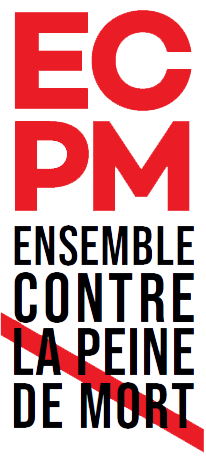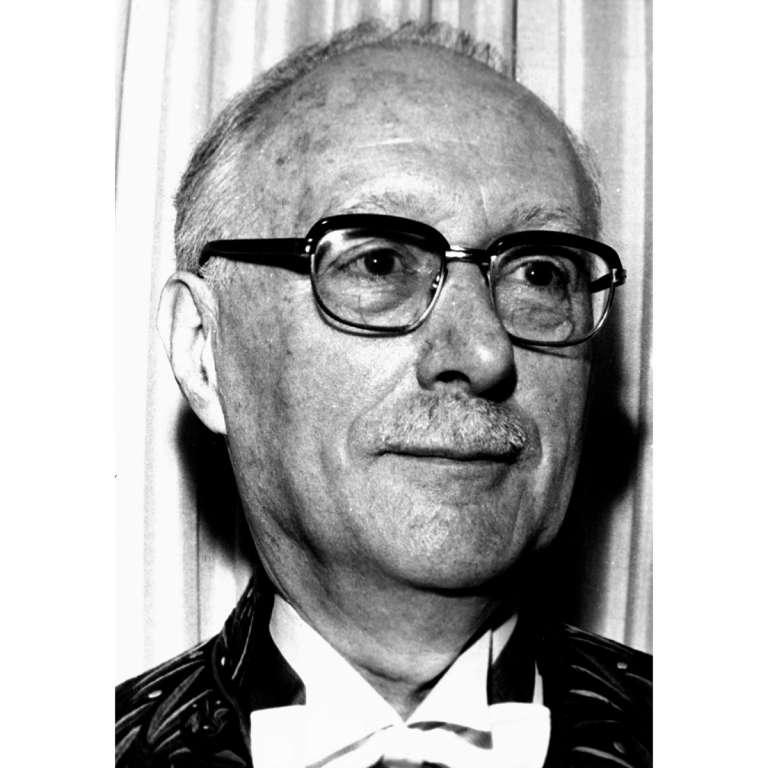No matter if you’re a student, or an adult there’s a chance that you need help writing essays. There are many essay writing companies available online to assist you.Once you’ve mapped out your papers for sale, use language that will guide the reader through the structure of the piece.Certain companies let you chat with writers prior to placing an order, while other companies provide free plagiarism reports. Each has its own spin on things, so be sure to check them out and select the one that best suits your requirements best.
22
MARC ANCEL
FRANCE
© KEYSTONE Pictures USA / Alamy
1902 – 1990
MAGISTRAT, RAPPORTEUR DE LA 1ÈRE ÉTUDE RÉALISÉE PAR LE CONSEIL DE L’EUROPE SUR LA QUESTION DE L’ABOLITION DE LA PEINE DE MORT
RESSOURCES :
-
La Défense sociale nouvelle
-
La vie l’amour la mort
-
Le droit à la réhabilitation
-
Il y a 40 ans, la France abolissait la peine de mort
-
Quiz
« Dans une société qui se prétend humaniste, le premier droit de l’individu est le droit à la vie, et la société doit le garantir. Le premier devoir de l’État est donc de s’abstenir de tuer. »
Marc Ancel
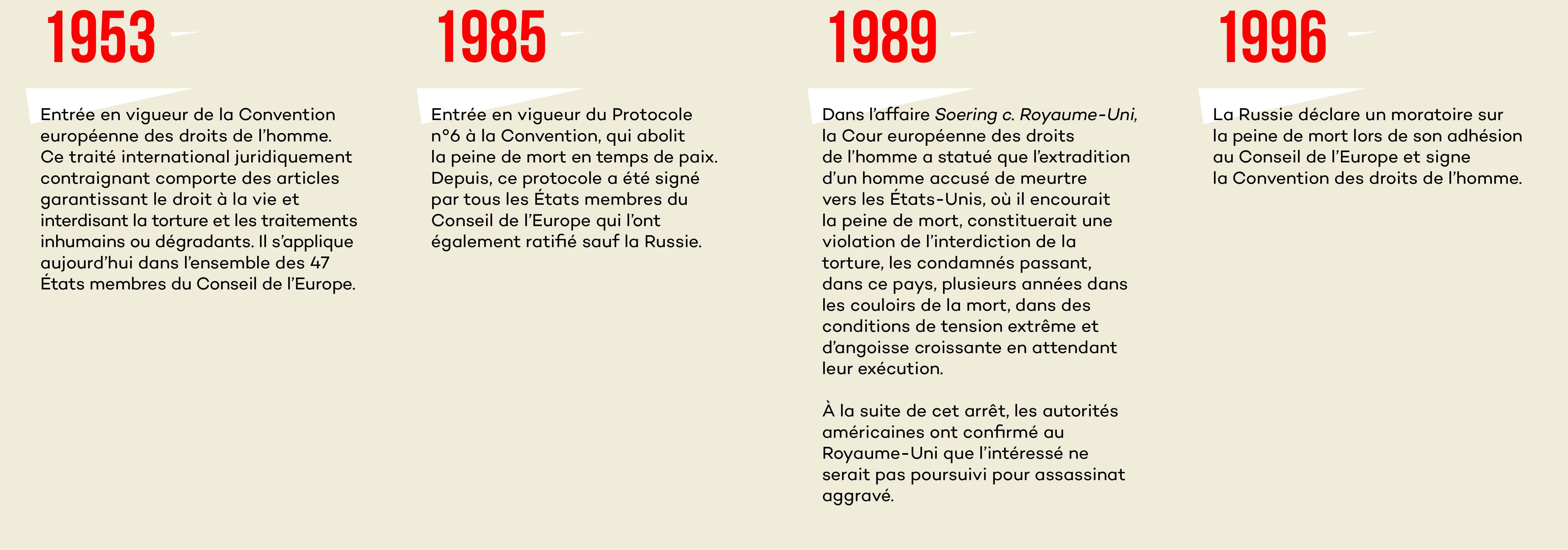
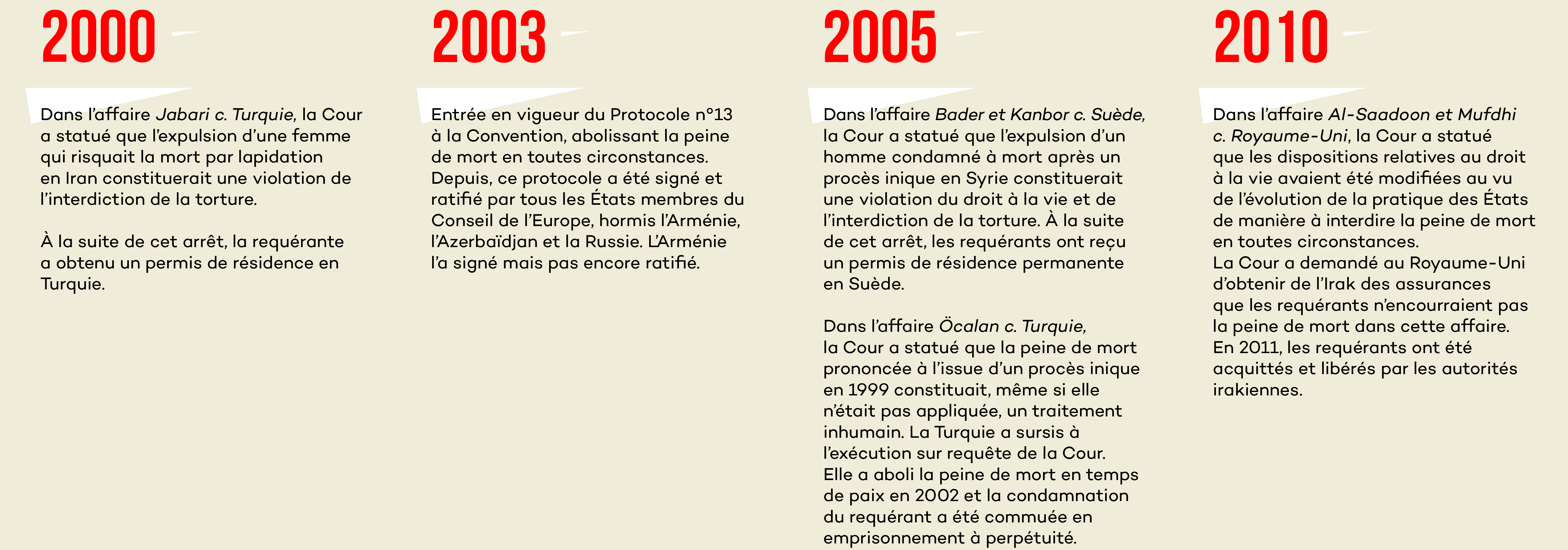
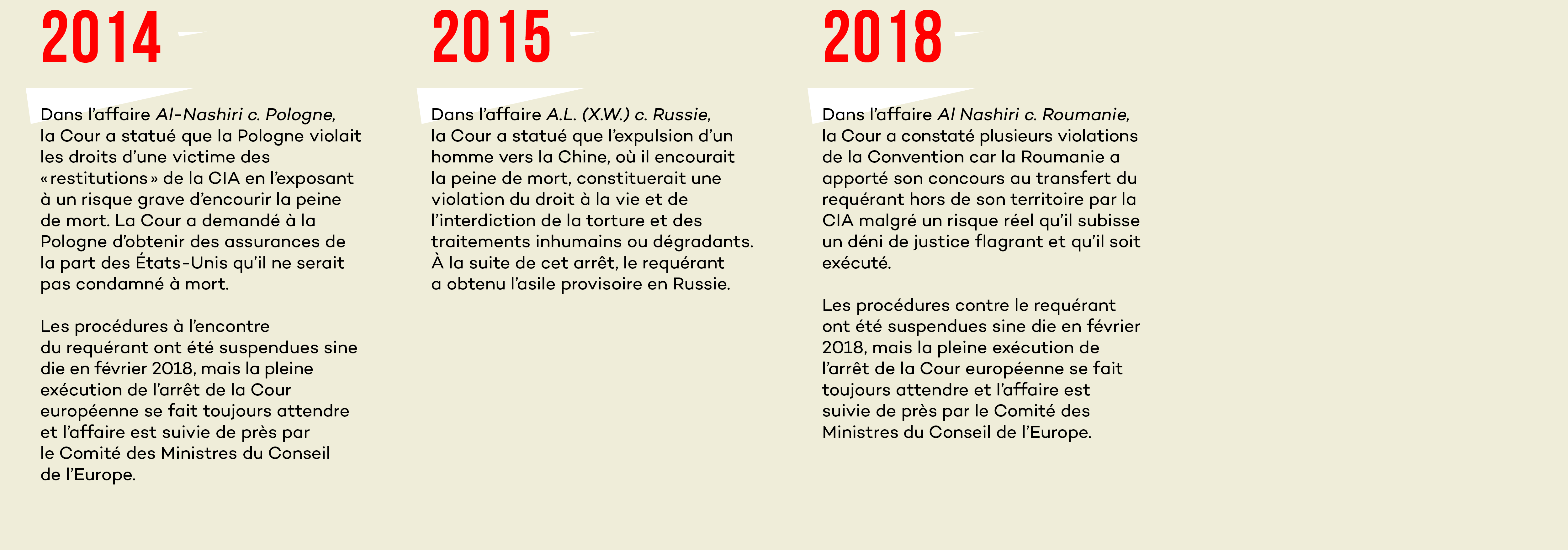
Précédent
Suivant
Marc Ancel fut magistrat et théoricien du droit, auteur d’une doctrine de politique criminelle appelée « La Défense sociale nouvelle ». Elle consiste à repenser tout le système pénal sur la défense des Droits humains, et non plus sur la défense de la Société.
En 1957, pour la première fois, le Comité des Ministres du Conseil de l’Europe crée un Comité européen pour les problèmes criminels. Sa présidence est confiée à Marc Ancel. Dès sa constitution, ce comité met en place un sous-comité chargé exclusivement de l’examen du « problème de la peine de mort dans les États européens », sujet qui n’avait jamais été interrogé jusqu’alors par l’institution. Marc Ancel en est désigné rapporteur. Ainsi, dès 1957, la question de la peine de mort commence à être traitée au sein du Conseil de l’Europe. Un questionnaire est transmis par son Secrétariat général, auprès de tous les États membres, auxquels sont adjoints l’Espagne, la Finlande, Monaco, le Portugal et Saint-Marin. Deux questionnaires supplémentaires sont établis et diffusés, en janvier puis juillet 1961. Le rapport qui en résulte est le résultat de l’analyse des réponses fournies. Il s’agit de la première étude de droit, sociologie et criminologie comparée, sur le sujet. Après une description de la législation de chacun des États, le sous-comité a travaillé selon plusieurs axes. Quatre aspects différents sont pris en compte :
– Le point de vue législatif. Le pays interrogé a-t-il la sanction capitale dans sa législation ?
– La question judiciaire et administrative. Dans le cas où le pays consulté est rétentionniste, qu’en est-il du droit de grâce ? À l’inverse, si le pays est abolitionniste, quelle peine de remplacement est proposée, s’il y en a une ?
– La configuration sociologique et criminologique. Pour ce faire, on épluche les statistiques de la criminalité.
– La Lex ferenda[1] et la politique criminelle. Le sentiment de l’opinion publique vis-à-vis de la question abolitionniste est interrogé, et les réalités sociologiques sont analysées.
Le rapport émet une typologie, pays par pays, des applications ou non de la peine de mort. Dans son analyse, Marc Ancel s’inspire de ses travaux sur la « Défense sociale nouvelle ». Il substitue à la neutralisation du délinquant sa réinsertion dans la société, chaque fois qu’elle est envisageable, parce que la société est faite pour l’homme et qu’on ne peut prétendre sérieusement la protéger si on ne fait aucun effort pour réformer les coupables et les ramener à une vie normale. Il faut donc pour Marc Ancel réformer chaque fois que cela s’avère possible. Son humanisme est d’inspiration chrétienne. Il croit que l’homme est perfectible, que la rédemption est loisible et qu’il faut faire une place raisonnable à l’espérance. Pour cela, le délinquant ne doit pas être considéré comme un ennemi irréductible de la société ou un dégénéré dangereux, mais comme un individu en conflit avec elle. La justice doit juger l’homme tout entier. Or, pour cela, il faut constituer un « dossier de personnalité », permettant de connaître le délinquant et le milieu dans lequel il vit. La sanction prononcée, en même temps qu’un châtiment, devient par voie de conséquence un instrument de réadaptation sociale. Marc Ancel dit avoir été grandement influencé par les Lumières et notamment par Beccaria, dont il fait le précurseur de la défense sociale : « » En effet, la peine de mort supprime, élimine, mais en aucun cas ne réforme. En outre, l’erreur judiciaire est toujours possible et la peine de mort est irréparable. Ancel militait pour une approche pluridisciplinaire du phénomène criminel, afin d’orienter la réaction sociale vers la protection de l’être humain et l’amélioration de l’homme, tout en garantissant ses droits fondamentaux selon une optique humaniste. Et le premier de ces droits n’est rien d’autre que le droit à la vie : le droit à ne pas être tué. Détacher un tel expert – aussi orienté vers l’abolition – que Marc Ancel, est significatif de ce qui était attendu du rapport, même s’il était circonscrit à une étude statistique. Sa conclusion générale n’est d’ailleurs par neutre sur le sujet : « de ce recensement général, il résulte en tout cas que, dans les pays du Conseil de l’Europe, les États abolitionnistes constituent la très large majorité. Ailleurs, et sous réserve de quelques accidents législatifs français, la peine de mort n’est que maintenue, et voit son domaine progressivement restreint. Le seul examen des faits lui confère, dans ces mêmes pays de l’Europe, le caractère d’une survivance historique, parfois précaire, et apparemment menacée ».
Marie Bardiaux-Vaïente
[1] Lex ferenda : ce que la loi devrait être, le jugement souhaitable.
- livre

La Défense sociale nouvelle
Auteur : Marc Ancel
Année de publication : 1981
Editeur : Cujas
La Défense sociale nouvelle repense tout le système pénal autour de la réadaptation sociale du condamné. La peine doit être considérée uniquement comme l’instrument d’une politique criminelle réaliste et efficace au service du bien commun. Pour Ancel, la fonction primordial de notre système judiciaire est la réadaptation sociale du délinquant, ce qui est une rupture par rapport aux anciennes perceptions qui se basaient pus sur l’idée de châtiment. Cette nouvelle approche se base sur un double objectif : concilier la protection de la collectivité avec l’intérêt véritable de l’individu à qui elle restitue sa pleine valeur de personne humaine consciente de sa responsabilité et de sa dignité.
Selon R. Badinter, cet ouvrage est le fondement de la rédaction du Nouveau Code Pénal.
- film
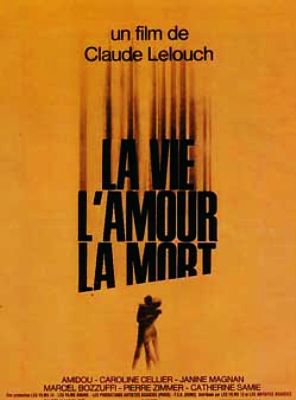
La vie l’amour la mort
Réalisé par : Claude Lelouch
Genre : Drame
Date de sortie : 1969
François Toledo, ouvrier sans histoire marié et père de famille, vit avec sa femme Janine. Suspecté par la police dans une sombre affaire de triple homicide touchant des prostituées, il est mis sous les verrous, jugé et condamné à mort.
Ce film a d’abord été pensé comme un court-métrage montrant l’exécution d’une personne. Lellouche a ensuite décidé de transformer son film en long-métrage pour montrer tout le chemin qui mène à l’exécution. C’est une des reconstitutions les plus minutieuses de la réalité d’une exécution.
Partagez sur
- activité
- vidéo
- quiz
